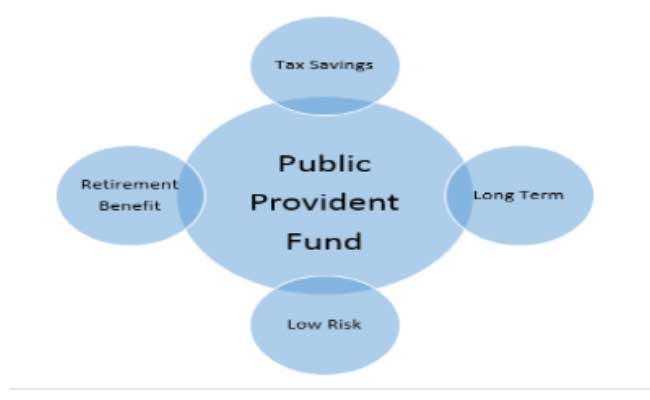Investment Tips from Experts: How to Make Smart Investment Decisions
Investing your money can be a daunting task, especially if you are new to the game. It’s important to approach investing with a level head and a sound strategy to ensure your money is being put to good use. To help you make smart investment decisions, we have compiled investment tips from experts in the industry.
- Do Your Research
Before making any investment, it’s important to do your research. This means understanding the company you are investing in, the market trends, and the overall economic landscape. According to Joe DiBruno, Managing Director of Green Energy Trading, “you should always start with a thorough understanding of the industry you want to invest in. Then you need to identify the companies that are leaders in that industry and look at their financial statements and market position. This will help you to assess the risk and return profile of each investment.”
- Diversify Your Portfolio
Diversification is a key strategy for reducing risk in your portfolio. By investing in a variety of different companies and industries, you can spread your risk and avoid being overly exposed to any one investment. According to financial advisor Thomas Balcom, “diversification is important because it helps reduce the volatility of your portfolio. If you have all of your money invested in one company or industry and that sector experiences a downturn, you could lose a significant amount of money. Diversification helps protect against this type of risk.”
- Consider Long-Term Goals
When investing, it’s important to consider your long-term goals. Are you saving for retirement, a down payment on a house, or your children’s education? These goals will impact the type of investments you make and the level of risk you are comfortable taking. As financial advisor Jeff Rose explains, “your investment strategy should be tailored to your goals and your risk tolerance. If you are investing for a long-term goal like retirement, you can afford to take on more risk in your investments because you have a longer time horizon to weather market ups and downs.”
- Don’t Try to Time the Market
Trying to time the market is a common mistake among new investors. It’s tempting to try to buy low and sell high, but the reality is that timing the market is incredibly difficult. As financial advisor Rebecca Walser explains, “nobody has a crystal ball, and trying to predict market movements is a fool’s errand. Instead of trying to time the market, focus on investing for the long-term and sticking to your investment strategy.”
- Avoid Emotional Investing
Investing can be an emotional experience, especially during times of market volatility. It’s important to avoid making investment decisions based on fear or greed. As financial planner Paul Ruedi explains, “emotional investing is a common mistake that can lead to poor decision-making. When the market is down, it’s easy to panic and sell your investments. But this can be a costly mistake because you may miss out on the eventual rebound. Likewise, when the market is up, it’s tempting to get overly confident and take on too much risk. The key is to stick to your investment strategy and avoid making decisions based on emotions.”
- Keep an Eye on Fees
Investing fees can eat into your returns over time, so it’s important to keep an eye on the fees associated with your investments. As financial advisor Brian Walsh explains, “fees can be a hidden drag on your investment returns. It’s important to understand what you are paying and to look for low-cost investment options whenever possible. This will help ensure that you are maximizing your returns and keeping more money in your pocket.”
- Rebalance Your Portfolio
Rebalancing your portfolio is an important strategy for maintaining the right mix of investments over time.
![]()





